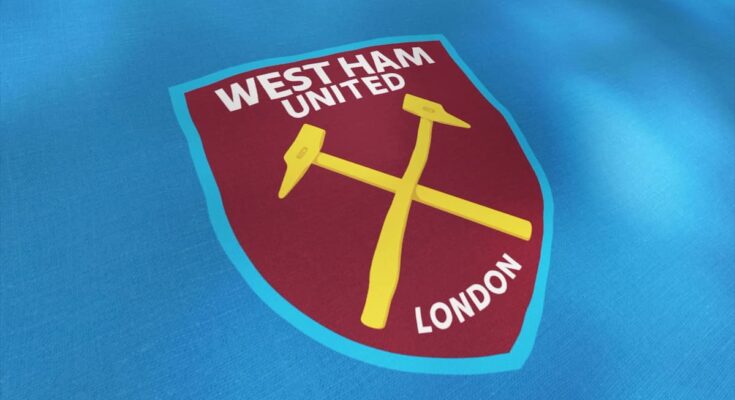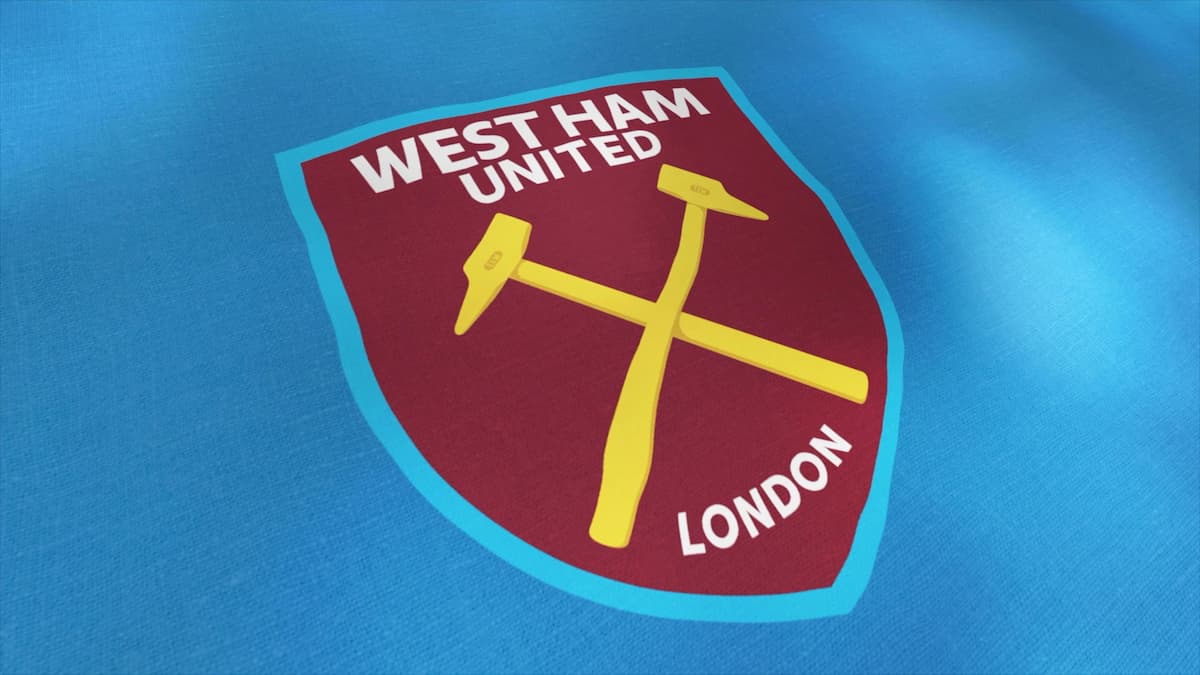With their third defeat in just four games this season, West Ham are currently placed 18th in the league, boasting the worst home record among all 20 clubs. They are yet to get a point at the London Stadium and have conceded eight goals with only one scored. Since taking charge of the club in January, Potter has managed the side to just six wins in 24 games. But is Potter truly failing, or is he being let down by those above him?
Potter’s Struggles Are Clear to See
West Ham’s current form does not reflect the club’s vision. For a club that has ambitions of challenging the top six, performances must improve, especially at their home ground, where they have not picked up three points in a home match since a 2-0 victory over Leicester City in February.
Set-pieces appear to be a current disaster for the Hammers, which was evident in their recent 3-0 loss to rivals Spurs. Spurs found it easy to exploit the defence of West Ham from corners, scoring two goals from them. Potter himself admitted that the team had “defended nine or ten set pieces really well before their goal”; however, he added that Spurs’ first goal came from “a mistake at the back post”, which “shows the margin at this level.”
While West Ham continues to slump to more disappointing displays, fan frustration is growing, and so is criticism from pundits. Former West Ham boss Alan Pardew labelled the side as “flat,” whilst stating that despite spending over £100m in the summer, their recruitment has been underwhelming. Time is running out for Potter, and he must turn results around soon.
Embed from Getty Images
Do the Board’s Mistakes Run Far Deeper?
In 2010, David Gold, David Sullivan, and Karen Brady completed the takeover of West Ham United. They came to the club with a promise to steady its financial situation, professionalise its operations, and move into a stadium that would establish its status as a Premier League club. In 2016, the owners sold a vision to the fans. They would relocate from Upton Park to the London Stadium. It was an idea backed by a promise to increase the club’s global profile, create a ‘world-class team’, and continue on a path of growth.
However, nine years later, most fans see West Ham as a club that has lost its identity after moving to the London Stadium.
A recent study conducted by Fan Banter concluded that out of 8,000 West Ham fans, 95% said that the atmosphere was worse than Upton Park, with 71% rating the London Stadium’s atmosphere as ‘poor’ or ‘very poor’. Furthermore, 85% of fans also stated that the poor atmosphere was due to the stadium’s layout. This is because the ground was built on the site of Olympic Park, which was initially used for athletes. The large athletic track around the pitch created a ‘bowl’ effect, and fans are not as close to the pitch as they used to be at Upton Park. Therefore, creating a unified atmosphere is almost impossible on the ground. Could this be why West Ham struggles at home?
The owners promised that alongside the new stadium, a world-class team would be formed. However, West Ham is currently faced with an ageing and uncompetitive squad. Despite winning the Europa Conference League in 2023 and securing their first major title since 1980, fans have been left disappointed that a world-class team has never been assembled due to the inability to retain key players such as Declan Rice, Mohammed Kudus, and Dmitri Payet.
Fans’ trust in the ownership has completely diminished.
Embed from Getty Images
A Cycle That Managers Cannot Escape?
When a manager joins a club, they are shown the club’s ambitions. However, at West Ham, there has always been a problem after this. There may be some success, as seen with Moyes and the Europa Conference League. However, every manager of the club has always been at the mercy of poor recruitment, which has led to a series of bad results, leaving the fanbase split between who is really to blame. The manager, or the ones who sit upstairs?
Currently, Graham Potter is in a cycle where he now faces the brink of sacking, as he leads the race as the favourite for the next manager to be dismissed from their role.
Ultimately, until West Ham’s board delivers a long-term vision that will one day be fulfilled, one that sees the fans reconnect with the club and enables better recruitment to create a world-class squad, no manager will likely keep West Ham at a level where they will consistently compete for European football.
Source link




